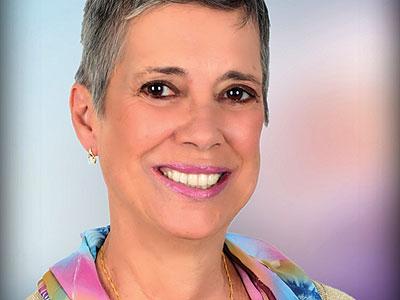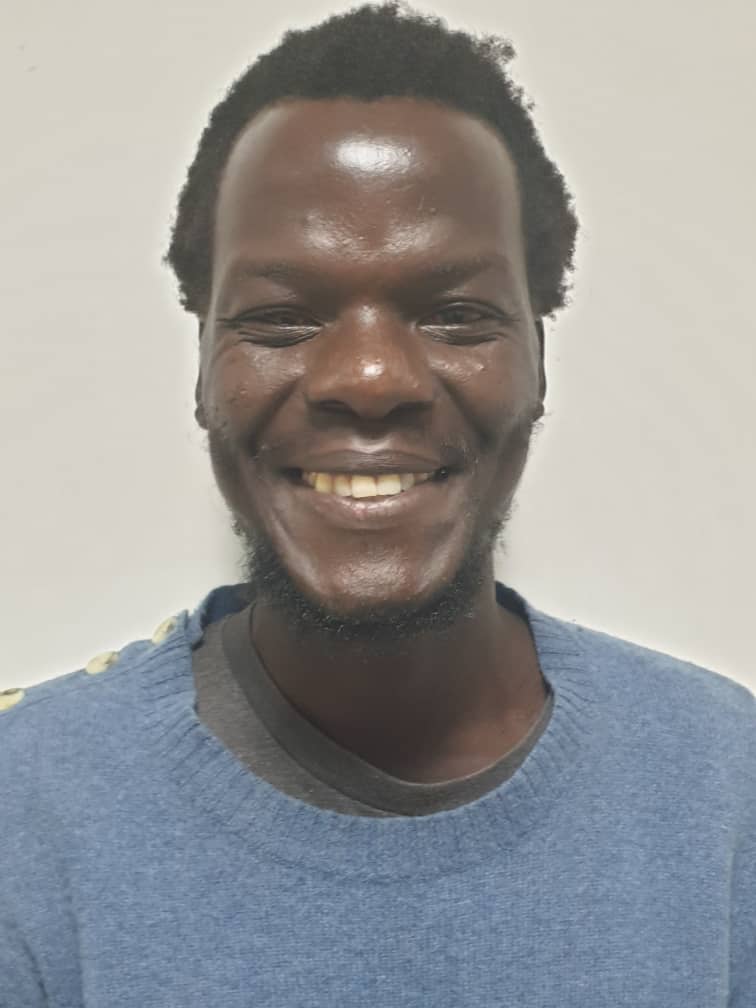Bridging the language gap
Joanna Ransier first visited Rwanda in 2007, as part of a medical humanitarian team on a medical needs assessment at a former residential care center for street children.

Joanna Ransier.

